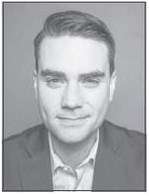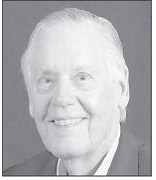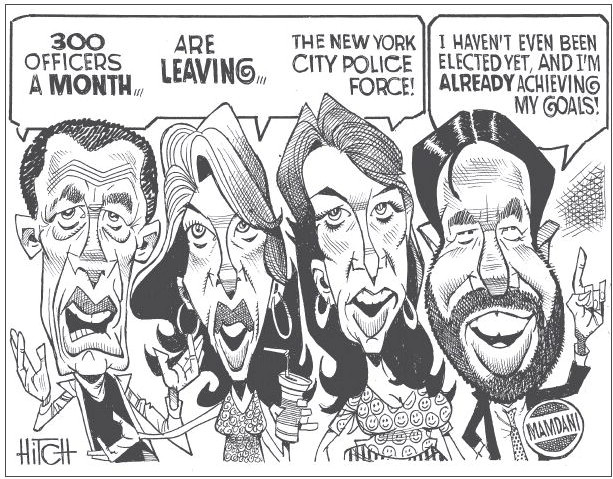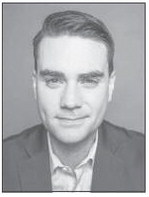Looking back on the Centennial Olympic Games 27 years later
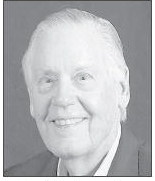

It has been 27 years since the Centennial Olympic Games began in Atlanta on a Friday evening, July 19, 1996, with the lighting of the cauldron by Muhammad Ali. Remember?
I was not a part of the intrepid band of volunteers who pulled off one of the greatest upsets ever and in 1990 secured the Olympic Games for Atlanta. Their leader was a real estate attorney who had never attended previous Olympic Games, wasn’t sure when they were scheduled or how to go about bidding for them. But he did it. His name was Billy Payne. He was and remains one of the most remarkable individuals I have known in my long life.
I came on board in 1993 as a managing director responsible for media relations, state and federal government relations, and press operations after retiring as a vice president at BellSouth Corporation. I’m not sure I knew what I was getting myself into – but I found out pretty quickly.
The city of Atlanta was in over its head. Even though the Games were privately-funded and there would be no tax exposure to Atlanta, which was broke anyway, the city set up an ambush marketing program targeting the competitors of our sponsors. The city’s marketing director even talked about beaming ads on the moon.
The local media saw all of this unfolding but dared not criticize the city, lest they be labelled racist by Mayor Bill Campbell. (I was once quoted as saying Bill Campbell could make a racial issue out of a lima bean. One of my more memorable lines, if I may say so.) Instead of holding the city responsible for their actions and inactions, the local paper focused on more critical issues like how much floor space Billy Payne’s office had and what a pain in the patoot I was.
Cities like Savannah and Athens slobbered all over themselves to get an Olympic venue, which they did, and then demanded that we pay all their expenses. We didn’t. Cobb County made international headlines with the passage of an antigay resolution which delighted the Christian Right, who I found to be neither Christian nor right. That triggered the threat of a boycott by the athletes. The county later rescinded the resolution but it was too little, too late.
Supporters of the Georgia state flag, which was a paean to the Confederacy, demanded we fly it at all our venues or they would disrupt the Games even though the Olympic charter allowed only the hosting nation’s flag to be displayed. Many of the athletes coming to compete in the Games were Black and they also threatened to boycott. The flaggers turned out to be just a bunch of blowhards.
And then there was the bombing in Centennial Olympic Park at the midpoint of the Games in which two people died and which set off a media frenzy with poor Richard Jewell as the target. The real culprit, Eric Rudolph, was captured five years later crawling out of a dumpster in North Carolina by a rookie deputy sheriff.
For all the meanness and moneygrubbing and the endless array of special interest groups looking for a platform to espouse their cause and hold us hostage, the Centennial Games were a success. That is because there is an inherent goodness that transcends all of the bad when athletes from all over the world come together in peaceful competition, the way it was designed in ancient times. The Games worked even if the city of Atlanta didn’t. More than 50,000 volunteers exuded the quintessential Southern charm to the more than five million spectators in attendance.
There were some 10,000 athletes from 197 National Olympic Committees competing in 26 sports. Most were eliminated in their initial effort, but I recall Billy Payne saying that no matter what happened, they would forever be known as Olympians, an esteemed honor indeed.
Centennial Olympic Park, which has revitalized downtown Atlanta was Billy Payne’s idea and may be his lasting legacy. (By the way, I told him it couldn’t be done. He could never get state and city politicians to collectively agree to such a project. Thankfully, he didn’t listen to me.)
The worst of those times have faded from memory, and I have come to realize that I was privileged to be a part of a unique experience and to have worked with some dedicated individuals devoted to a great cause. Today, 27 years later, I can truly say, yes, those were the best of times.
You can reach Dick Yarbrough at dick@dickyarbrough.com or at P.O. Box 725373, Atlanta, Georgia 31139.



